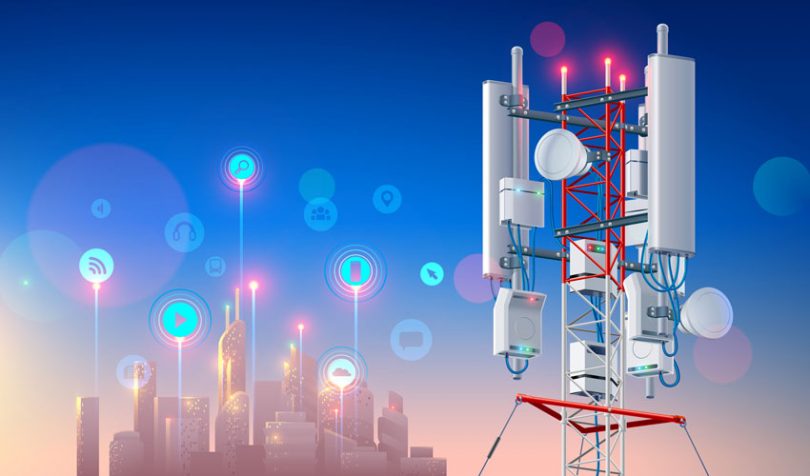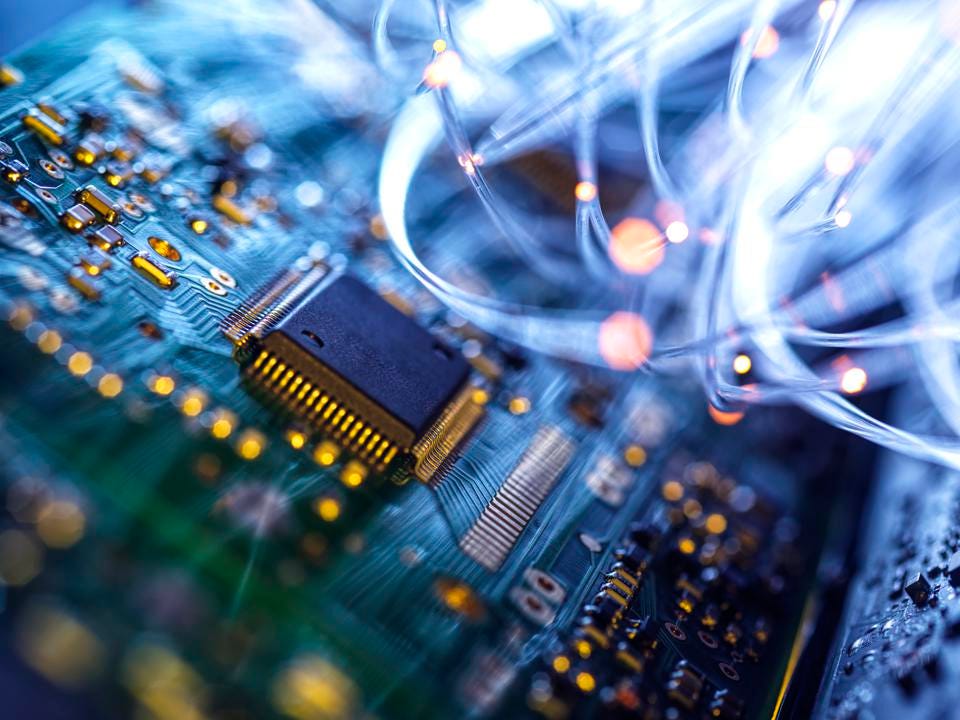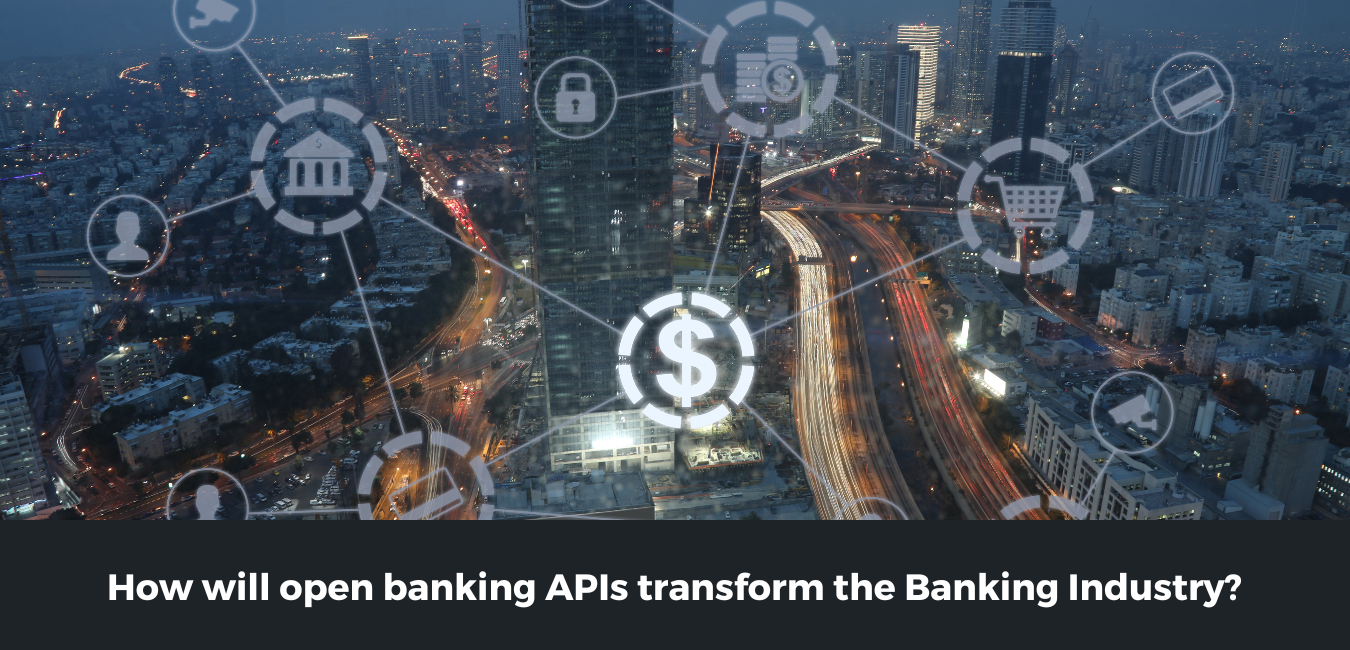Blockchain: Gaining Momentum in Telecommunications Industry

“Telecom entrepreneurs must consider incorporating evolving technology into their business processes to maintain an advantage in a fiercely competitive climate, fulfill the new era of client expectations, and grow income. Blockchain is the one promising technology that has the potential to lift telecom business owners out of the quagmire.”
For several telecom branches, implementing blockchain can provide a slew of advantages. Internal and external operations advancement and support, new revenue sources, effective corporate cybersecurity, and more are only a few of them. Now, in conjunction with the advent of 5G cellular mobile communications and the internet of things, we'll look at how blockchain can benefit the telecom industry now and what opportunities it will offer shortly.
Telecom Branches that Benefit from Blockchain
Advancement of Telecom Operations
Internal procedures like billing, roaming and supply chain management can all benefit from the blockchain and smart contracts. Currently, transactions in telecom ledgers must be approved by a clearinghouse. By routing from one operator's blockchain to another operator's blockchain, smart contracts can automate this process and assure the settlement between the participants, while also increasing transparency for the end customer.
On the telecom network, the roaming subscriber makes a voice call. The transaction is then recorded on the blockchain network, and the call length is preserved on the blockchain platform once the call has ended. The charges are defined based on the smart contract regulations, and the payment is registered from the home operator to the distant partner.
Transactions with Digital Assets
Blockchain might be used by telecom companies to enable micropayments for music, mobile games, and other services. Furthermore, blockchain might be used for customer-to-customer money transfers. Airtel, India's largest telecommunications carrier, offers digital wallets that allow customers to make payments to one another. Airtel's wallets are more secure with ID verifications thanks to the use of blockchain to manage transactions. Furthermore, such a strategy results in cheaper foreign remittances, as well as faster and more convenient transfers, all of which benefit the company's income.
Smart Contracts and Supply Chain Management
Blockchain can help telecommunications companies improve their supply chain management. Smart contracts allow for automatic collaboration between the company and its supply chain partners, as well as the automation of the inventory management process. Smart contracts have pre-determined terms, and the contract only self-executes when all of the terms are met. For telecom entrepreneurs, smart contracts offer the most cost-effective solution. It removes intermediaries, simplifies vendor and supplier settlements, and makes record-keeping throughout the supply chain cycle simple and transparent, lowering accounting and auditing costs.
Digital Identity Management and Verification
Companies and governments spend hundreds of billions of dollars each year on identity verification. Startups like Civic are currently developing new blockchain-based identity verification systems. Because telecommunications companies handle massive volumes of client data, it makes sense for them to operate as a source of identity identification. They can create new systems that are more transparent, safe, and convenient for both customers and enterprises, allowing them to develop new revenue streams.
When a subscriber joins a roaming partner's network, the roaming partner recognizes them as visitors from their home operator. The subscriber information exchange transactions on the blockchain-based network are used to accomplish this. After that, the subscriber is approved and added to a smart contract. Users will be able to maintain their identities across multiple applications, devices, and organizations with just one password thanks to the blockchain identity management system. Each subscriber will receive a master key that will allow him or her to validate their identity in any digital environment.
Cybersecurity and Fraud Prevention
Every year, the telecoms business is subjected to numerous fraudulent schemes. According to a survey conducted by the Communications Fraud Control Association (CFCA), fraudulent schemes result in a loss of 38.1 billion dollars, making them the leading cause of revenue losses in the telecom industry. Subscription identity and roaming fraud are the two most common types of telecommunications fraud.
The Future Use of Blockchain in the Telecom Industry
The demand for communication services is growing, and the world will soon transition to a 5G network, which will be ten times faster than 4G, with significantly lower latency and greater capacity. However, managing such a complex network will necessitate increased computing power and storage capacity. When 5G is built, blockchain can enable such access selection algorithms.
The rules maintained on the server are pushed to the consumer in today's communication systems, which are centralized in a client-server format. This causes delays and prevents the device from receiving seamless provisioning across access networks. Furthermore, because rule provisioning is not a real-time operation, it is impossible to update them. In a given area, GPRS, WiMAX, WLAN, and Wi-Fi access networks can be networked using blockchain, with each access point, such as a Wi-Fi router or an SP cell tower, serving as a node in the network.
A smart contract can set rules and agreements amongst the various access offering networks. These contracts can be dynamic, requiring only the contract code to be changed whenever a policy has to be amended. When a device broadcasts its identification, the associated communication service provider accepts it into the network. The access node that can best provide service to the device after the device broadcasts its location. As a result, all services are rated and charged consistently across all access nodes.
Blockchain and IoT in the Telecom Industry
By the next decade, IoT cellular connections will number in the billions. The main problem is that the growth of the Internet of Things and the rise in data security are directly proportionate. IoT connectivity poses significant issues, including securing billions of interactions between machines and sensors, as well as the sensitive data recorded and communicated by the devices. As a result, as these IoT networks expand, data and network security requirements may become more expensive.
IoT security will be more scalable thanks to blockchain-based decentralized control, and safe verification and validation will prevent a rogue device from interfering with a home or factory system by giving fake data.
Blockchain can be used to build extremely secure peer-to-peer self-managed mesh networks with a large number of nodes. IoT sensors with the capacity to verify every block that is altered can be used to represent these nodes. These networks can be implemented in a private setting based on cell towers. To create such a blockchain network with a global reach, communication service providers may provide private/public key security and extensive connection.
Big Learning
With a large number of nodes, blockchain can be used to create exceptionally secure peer-to-peer self-managed mesh networks. These nodes can be represented by IoT sensors that can verify every block that is changed. These networks, which are based on cell towers, can be established in a private context. Communication service providers may provide private/public key security and wide connectivity to form a global blockchain network.
Major Market Highlights:
- Tanla Platforms, a CPaaS supplier, announced the debut of Wisely, an edge-to-edge global blockchain network designed for sending encrypted SMSes directly from businesses to telecom carriers, which the company claims would disrupt the traditional aggregator paradigm of commercial communication.
- Deutsche Telekom and T-Mobile US, the company's US-based mobile and wireless network operators, have announced a pilot project with Telefónica of Spain and Orange of France to test a blockchain-powered solution for automated roaming management. It will be powered by T-Labs, Deutsche Telekom's innovation branch, and Deutsche Telekom Global Carrier's technology.
Conclusion
The blockchain is a cutting-edge technology that has the potential to transform the telecoms business. It can improve security while also providing additional revenue streams for telecom companies. Although adopting blockchain may provide a variety of challenges, one of them is adhering to established data standards in terms of both structure and information transmission. Furthermore, to incorporate smart contracts in their business activities, telecom companies must develop regulatory frameworks.
Nonetheless, the cost of implementing blockchain is justified. Smart contracts will eliminate the need for clearinghouse intermediaries, and lowering accounting costs dramatically. Telecom entrepreneurs may use blockchain to minimize roaming and identity fraud, which is the leading cause of financial losses in the business. Most crucially, blockchain, along with the 5G network and IoT, will become a vital aspect of future communications.








